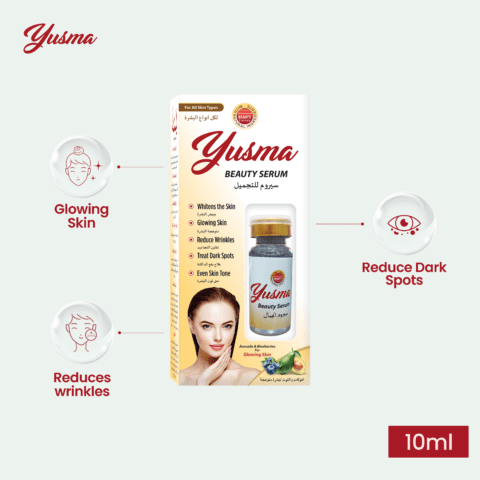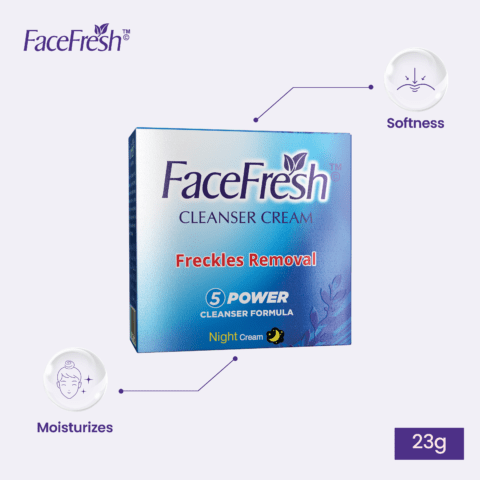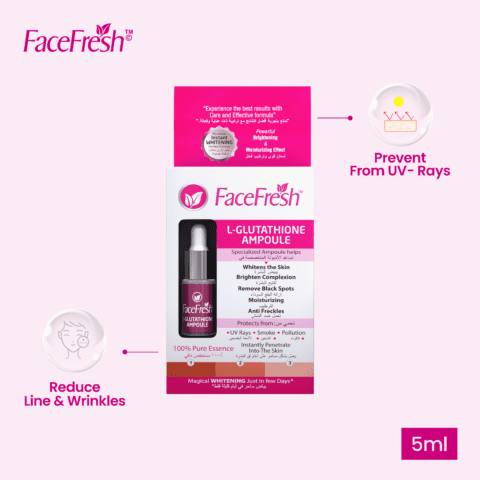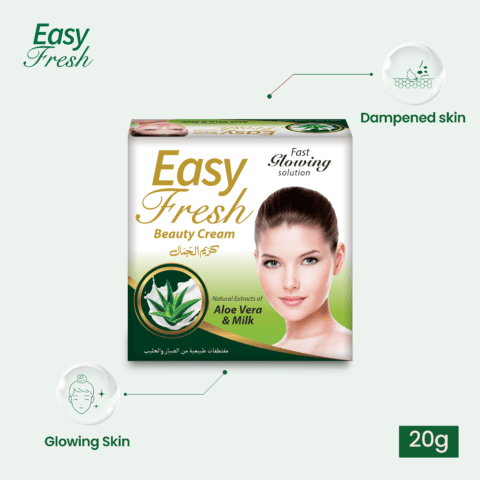In today’s world, sustainability has become a crucial consideration in all aspects of our lives, including our skincare routines. As more people become aware of the environmental impact of their choices, the demand for sustainable skincare products and practices is on the rise. This article will explore various ways you can adopt environmentally friendly practices to create a greener beauty routine. From ingredient sourcing to packaging choices, let’s delve into the world of sustainable skincare.
Table of Contents
- Introduction: The Importance of Sustainable Skincare
- Choosing Natural and Organic Ingredients
- Avoiding Harmful Chemicals
- Cruelty-Free and Vegan Options
- Ethical Sourcing and Fair Trade
- Packaging: Reduce, Reuse, Recycle
- DIY Skincare: Homemade Beauty Recipes
- Water Conservation in Skincare
- Choosing Sustainable Brands
- Upcycling in Skincare
- The Role of SPF in Sustainable Skincare
- Supporting Local and Small-Scale Businesses
- The Benefits of Minimalist Skincare
- Community Initiatives for Sustainable Skincare
- Conclusion
Introduction: The Importance of Sustainable Skincare
Sustainable skincare goes beyond taking care of our skin; it involves making choices that minimize harm to the environment. By embracing sustainable practices, we can contribute to reducing pollution, preserving biodiversity, and promoting ethical production methods. Let’s explore some key aspects of sustainable skincare that can help us create a greener beauty routine.
Choosing Natural and Organic Ingredients
One of the foundations of sustainable skincare is opting for products that contain natural and organic ingredients. These ingredients are derived from renewable resources and are typically cultivated without the use of synthetic fertilizers or pesticides. Natural and organic skincare products are not only better for the environment but also gentle on the skin, reducing the risk of irritation and allergies.
Avoiding Harmful Chemicals
When transitioning to a sustainable skincare routine, it is essential to avoid products that contain harmful chemicals such as parabens, sulfates, and phthalates. These substances can be detrimental to both our health and the environment. Opt for skincare products that are free from these harmful chemicals and instead use natural preservatives and plant-based alternatives.
Cruelty-Free and Vegan Options
Animal testing is a significant concern in the beauty industry. Sustainable skincare involves choosing products that are cruelty-free and not tested on animals. Look for certifications such as the Leaping Bunny or PETA’s cruelty-free logo to ensure that the products you use align with your values. Additionally, opting for vegan skincare products helps reduce the demand for animal-derived ingredients, contributing to a more sustainable and compassionate beauty routine.
Ethical Sourcing and Fair Trade
Sustainable skincare also encompasses ethical sourcing and fair trade practices. It is important to support brands that prioritize fair wages, safe working conditions, and sustainable livelihoods for the communities involved in the production of skincare ingredients. Look for certifications like Fairtrade or Rainforest Alliance that ensure ethical practices throughout the supply chain.
Packaging: Reduce, Reuse, Recycle
Packaging waste is a significant environmental issue. When selecting sustainable skincare products, pay attention to their packaging. Opt for brands that use minimal packaging or packaging made from recycled materials. Additionally, look for products that offer refillable options to reduce plastic waste. By embracing the principles of reduce, reuse, and recycle, we can make a positive impact on the environment.
DIY Skincare: Homemade Beauty Recipes
An excellent way to incorporate sustainability into your beauty routine is by exploring DIY skincare recipes. Making your own skincare products allows you to control the ingredients used, ensuring that they are natural, organic, and eco-friendly. Simple ingredients like honey, coconut oil, and oatmeal can be combined to create effective and sustainable skincare solutions right in your own kitchen.
Water Conservation in Skincare
Water is a precious resource, and its conservation should be a part of our sustainable skincare practices. When cleansing your face or body, turn off the tap while you lather your products. Additionally, consider using water-saving techniques like micellar water or facial cleansing wipes. These alternatives require less water usage and can contribute to more sustainable water management.
Choosing Sustainable Brands
Supporting sustainable skincare brands is an essential step towards a greener beauty routine. Look for brands that prioritize eco-friendly manufacturing processes, utilize renewable energy sources, and practice transparency in their ingredient sourcing. By choosing sustainable brands, you are encouraging responsible practices within the industry and sending a message that sustainability matters.
Upcycling in Skincare
Upcycling is a creative and sustainable way to repurpose skincare containers or ingredients that would otherwise go to waste. Empty glass jars can be used to store homemade skincare creations, and leftover coffee grounds can be transformed into invigorating body scrubs. Embrace your creativity and find innovative ways to give new life to items that would otherwise end up in the trash.
The Role of SPF in Sustainable Skincare
Sun protection is essential for maintaining healthy skin, but it’s also crucial to consider the environmental impact of sunscreen products. Opt for mineral-based sunscreens that contain ingredients like zinc oxide or titanium dioxide, as they are less harmful to marine life and ecosystems. Additionally, choose sunscreens that come in reef-safe packaging to minimize pollution in our oceans.
Supporting Local and Small-Scale Businesses
Supporting local and small-scale skincare businesses can contribute to a more sustainable beauty routine. These businesses often prioritize eco-friendly practices, source ingredients locally, and have a smaller carbon footprint. By shopping from local artisans and entrepreneurs, you not only support your community but also make a positive impact on the environment.
The Benefits of Minimalist Skincare
Minimalist skincare focuses on using fewer products with simpler formulations, reducing waste and environmental impact. By adopting a minimalist approach, you can streamline your beauty routine and focus on high-quality, multi-purpose products. This not only saves you time and money but also minimizes the number of products that end up in landfills.
Community Initiatives for Sustainable Skincare
Engaging in community initiatives is an excellent way to promote sustainable skincare practices. Join local groups or organizations that advocate for eco-friendly beauty and share knowledge with like-minded individuals. By coming together, we can create a collective impact and inspire others to embrace sustainable skincare.
Conclusion
Incorporating sustainable practices into our skincare routines is a meaningful step towards a greener future. By choosing natural and organic ingredients, avoiding harmful chemicals, supporting ethical brands, and adopting eco-friendly packaging, we can create a positive impact on the environment and our well-being. Let’s embrace sustainable skincare and pave the way for a more sustainable and beautiful world.






Leave a comment
Your email address will not be published. Required fields are marked *